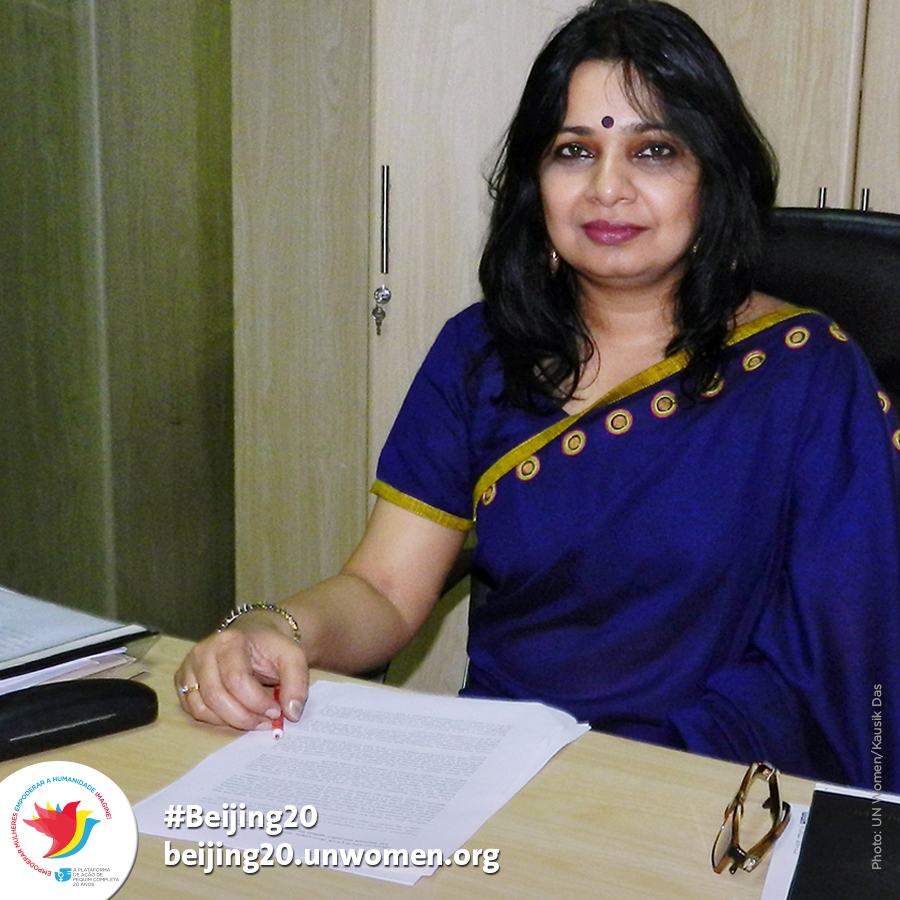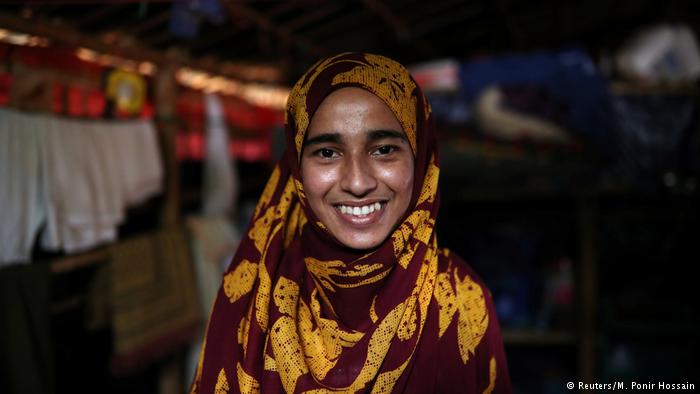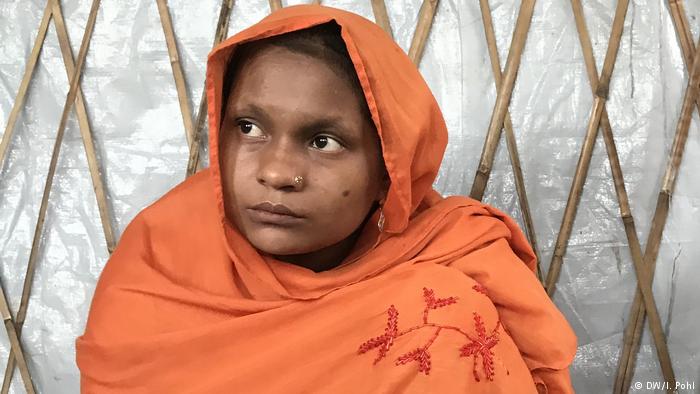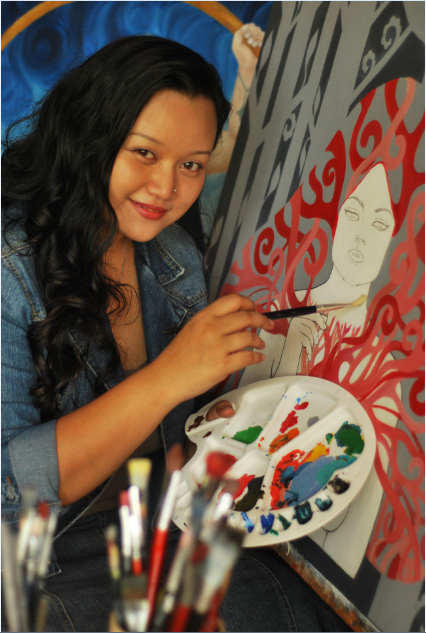Breaking The Barriers With The Power Of Press

Going against the norm, Aasha Mehreen Amin has risen in the field of media in Bangladesh, essentially dominated by men, to become an influential opinion-maker as the editor of ‘The Star’, the most read weekly magazine for 18 years. (© UN Women)
Born in Dhaka, the bustling capital of Bangladesh, Aasha Mehreen Amin learnt to read and write in English early in her life thanks to her supportive and progressive parents. She got an opportunity to study economics at BostonCollege, where she found her rhythm in the analysis of the world’s current events and their links back to the state of her country. After joining ‘The Daily Star’, the most widely circulated English newspaper in Bangladesh as a feature writer, she went on a journalism fellowship to the University of California at Berkeley where she studied environmental and investigative journalism.
Going against the norm, Amin has risen in the field of media in Bangladesh, essentially dominated by men, to become an influential opinion-maker as the editor of ‘The Star’, the most read weekly magazine for 18 years. Her satirical column, ‘Postscript’, is a cornerstone of modern life in her country for the daring and progressive, and read by many. She is now the deputy editor of the Editorial and Op-ed section of ‘The Daily Star’ where she also pens a column, ‘No Strings Attached’, commenting on current events of the day. Her political commentary is courageous, insightful and powerful, speaking out for women’s rights and anti-extremism.
Deciding to go into journalism was not an easy choice by any stretch of the imagination. Though Bangladesh is one of the hotspots of technology in rapidly emerging South Asia, the latest Demographic Health Survey points out that only 13 per cent of currently married women between the ages of 15-49 are employed (2011 data), and there are even fewer women in decision-making roles in the labour force. The Watchdog group ‘Who Makes the News?’ has noted in its last report in 2010 that less than one per cent of articles in newspapers were written by women, and of the 97 per cent of women who broadcast news, only 3 per cent were reporters.
When talking about her childhood, Amin says that she was deeply influenced by her travels abroad with her family. Her father’s job involved being posted overseas several times and though she was shy, she loved to experience new countries and cultures. Her mother was a journalist, writer and poet who wrote in English and Bengali, and whereas she never directly encouraged her daughter to take up her craft, Amin was influenced by her mother’s fearlessness in speaking her mind.
A married mother of one, she says her education gave her a strong foundation for the work she does today. Regardless of the challenges that she and other women have faced in entering the sphere of media in a country where this is often thought of as an unusual act of bravery, she is grateful for all that she has.
This article is part of U.N. Women’s Empowering Women — Empowering Humanity: Picture It! campaign in the lead-up to Beijing+20.) © Women’s Feature Service
Editor: Marjory Linardy
WTO RECOMMENDS
‘Journalists don’t work to win awards’
Deutsche Welle journalist Waslat Hasrat Nazimi has been nominated for this year’s Rumi award for best international journalism. She is the first woman journalist to be nominated in this category of the Rumi prize, named after the 13th century poet, jurist, theologian and Sufi mystic Mawlana Jalal ad-Din Muhammad Balkhi Rumi. (From November 27, 2014)
‘Because of my husband’s writings the taboo about being a freethinker has been shattered’
Although the Bangladeshi authorities have yet to establish the motive behind the murder of blogger Avijit Roy, his wife claims religious fundamentalists killed her husband because of his writings. (From May 8, 2015)
Challenging tradition in Iraqi Kurdistan
A number of female journalists in Iraqi Kurdistan are shaking up a male-dominated domain with a magazine that aims to highlight the problems and abuse many women still face. Melissa Tabeek reports from Sulaymaniyah. (From April 9, 2015)
Shortlink: http://blogs.dw.com/womentalkonline/?p=14377







